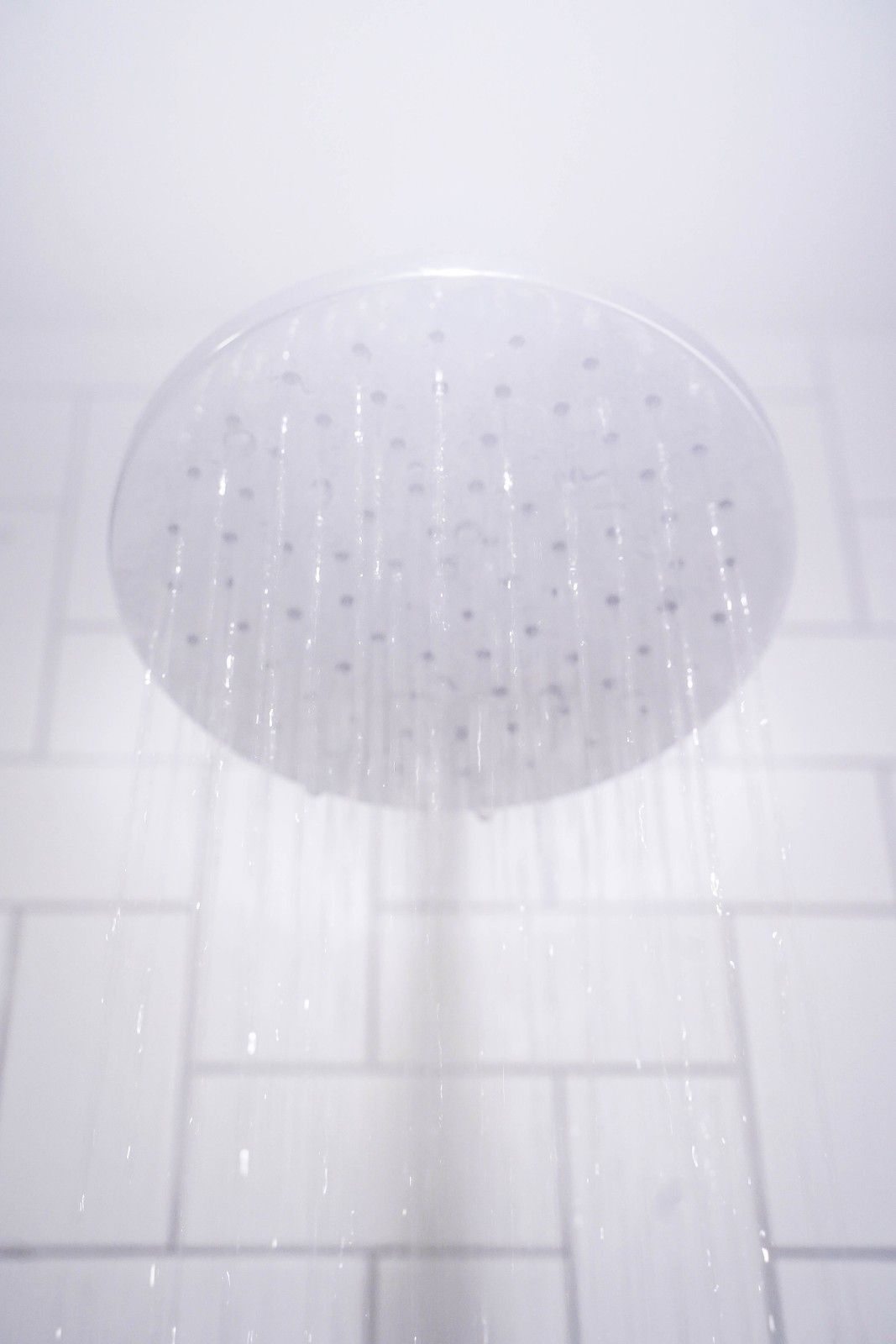Last updated on February 28th, 2024 at 10:19 am
Persistant breakdowns, inconsistent temperature and strange noises are all key signs you need to get a boiler upgrade.
Boiler troulbes can be extremely disruptive, but how do you know when it’s time to stop repairing and start replacing? Warmable is here to guide you through the telltale signs that your boiler’s on its last legs.
Understanding when to install a new boiler can save you time, money and a heap of stress. Don’t wait for a complete boiler breakdown; stay ahead of the game and ensure your home stays cosy and efficient.
What Are The Signs of a Failing Boiler?
If you’ve ever been interrupted by an unexpected cold shower or woken to a chilly house on a winter morning, you know the discomfort that a failing boiler can cause. Recognising the signs early can prevent these disruptions.
- Persistent breakdowns are one of the most telling signs. If you’re calling for boiler repairs more often than you’re marking events on your calendar, it’s a clear signal that our boiler’s on its last legs. The inconvenience and repair costs will soon outweigh the expense of a new unit.
- Temperature inconsistencies throughout your home hint at a boiler struggling to distribute heat evenly. When your radiators are lukewarm or, worse, cold when they should be heating up, it’s time to consider an upgrade.
- Yellow or orange flames instead of blue indicate incomplete combustion, which not only poses a safety risk but also means your boiler is operating inefficiently. The presence of soot or staining around the boiler is another red flag that shouldn’t be ignored.
Consider the boiler’s age; most have a lifespan of about 10 to 15 years. If yours is reaching or has surpassed this milestone, the efficiency has likely plummeted, leading to costly energy bills.
It’s vital to be proactive in monitoring for these issues. Scheduling an annual boiler service will ensure you stay ahead of the game and maintain a cosy, efficient home without the unnecessary stress of a boiler on the brink.
Keep an ear out for strange noises, such as bangs, whistles, or gurgling sounds, as these can be symptomatic of imminent failure. Regular maintenance can stave off some issues, but these sounds often herald more serious problems.
Why Have My Energy Bills Skyrocketed?
Noticing that your energy bills are climbing without a change in your home’s consumption habits can be a telltale sign that your boiler’s efficiency is dwindling. Boilers are responsible for a significant portion of household energy usage, particularly during colder winter months. As a boiler ages or accrues damage, it must work harder to produce the same level of warmth, leading to increased energy expenditure.
Efficiency ratings play a crucial role in understanding your boiler’s impact on energy costs. Modern boilers are typically more energy-efficient due to advancements in technology and design. If your boiler has a lower than ‘A’ rating, it’s likely not optimised for current standards, and you’re probably spending more on heating than necessary.
To gauge whether spiking bills are linked to boiler inefficiency, we can compare our current bills to those from previous years or evaluate how your boiler’s performance has changed over time. Analysing energy bills over a period and noting increases can guide us in deciding if it’s time to invest in a newer, more energy-efficient model.
Upgrading to a new boiler can offer immediate changes in energy consumption. Within the wide array of modern boilers, some boast 94% efficiency ratings or higher, offering major long-term savings on utility bills. In addition, eligible households may benefit from government schemes or incentives aimed at encouraging energy-efficient home improvements.
Remember to assess not just the immediate costs, but the potential savings over time. Investing in a high-efficiency boiler can offset initial expenses through reduced energy bills and a lesser environmental footprint.
Why Are There Strange Noises and Smells Coming From My Boiler?
Boilers operate quietly when they’re in good condition. However, as they reach the end of their lifespan, odd noises often become a common complaint. These auditory signals should not be ignored, as they’re indicative of internal issues that may require immediate action. Various sounds, such as banging, whistling, or gurgling, can all point to different problems within the system.
- Banging usually suggests there’s a buildup of limescale or air present in the system.
- Whistling could be a sign of ‘kettling’, where water is struggling to flow due to limescale accumulation.
- Gurgling might be due to trapped air within the boiler or in the radiators.
Aside from the auditory warnings, an optimally functioning boiler should be virtually odourless. If there’s a persistent smell, it’s a clear indication that something is amiss. A metallic odour often points to an oil or gas leak, which can be quite serious, whereas a musty smell tends to signal mould, potentially resulting from a leak in the boiler or in the surrounding pipes.
Strange smells and noises are not only annoying but also a red flag that our boiler might be due for a replacement. Paying attention to these sensory cues helps us prevent further damage and maintain our home’s safety. Upon detecting these warning signs, it’s prudent to consult a professional to assess the boiler’s condition and discuss possible next steps.
Why Do I Need Frequent Boiler Repairs?
When our boiler starts failing us more often, it’s a clear sign that it may be time for an upgrade. Frequent boiler repairs are not just inconvenient; they can also be a significant drain on our finances and time. If we’re calling out a technician more often than we’re enjoying a peaceful day at home, it’s worth considering a replacement.
The rule of thumb is simple – if the cost of repairs approaches 50% of the value of our boiler, it’s more cost-effective to invest in a new one. Let’s remember that newer models come with guarantees or warranties, providing us with peace of mind and protection against future issues.
Here’s what we should keep an eye on:
- Increased frequency of breakdowns
- Escalating cost of repairs
- Parts that are difficult or expensive to replace
It’s important to track these occurrences. By keeping a record, we can easily spot the escalating pattern that’s costing us more than it should. Our boilers are integral to our home comfort, and having a reliable system is non-negotiable.
Ongoing maintenance is expected, but when repairs become a regular part of our calendar, it’s clear that our boiler is no longer performing at its best. We might notice that spare parts are becoming harder to source, signaling that our model is becoming obsolete. This is often what pushes us from repairing to replacing – sourcing parts for an old boiler can be as challenging as it’s costly.
Why Do I Have Uneven Heating and Inconsistent Hot Water Supply?
When our homes fail to stay warm or we’re met with a chilly surprise during a supposedly hot shower, it’s clear something’s not right. Uneven heating and an inconsistent hot water supply are signs that our boiler has lost power or may need replacing. It’s frustrating when one room is at the correct temperature and another feels cold, or when your hot water comes and goes.
Let’s look at what these symptoms could mean. Uneven heating often points to circulation problems within the boiler system. It might be a sign of limescale build-up or sludge in the pipes, which hampers the efficient flow of hot water. Similarly, water that alternates between hot and cold unexpectedly often indicates a failing boiler component, such as a broken diverter valve, which is integral to directing hot water where it’s needed.
If we’re finding that our radiators are not heating up evenly, bleeding them might solve the issue temporarily. However, if the problem persists, it could indicate the need for more substantial intervention such as power flushing or even boiler replacement. For hot water issues, if resetting the system or adjusting the thermostat doesn’t yield consistent results, it’s probably time to call in a professional.
Conclusion
We’ve walked you through the telltale signs that your boiler may be on its last legs. Remember, it’s not just about the immediate fixes but also about looking ahead. A new boiler is an investment that can save you money in the long run, not to mention the added comfort and peace of mind. Keep an eye on your energy bills, listen for those odd noises, and be mindful of any strange smells. If repairs are mounting and your boiler’s performance is declining, it’s likely time to upgrade.
Frequently Asked Questions About Boiler Upgrades
What Are The Signs That My Boiler Needs Replacing?
If your boiler is showing a significant drop in efficiency, making strange noises such as banging or whistling, emitting odd smells like metallic or musty odours, requiring frequent repairs, or if your energy bills are rising unexpectedly, it might be time to consider replacing it.
How Do I Know If My Boiler Is Energy Efficient?
Check your boiler’s efficiency rating and compare your current energy bills to those from previous years. A lower efficiency rating and higher bills can suggest that your boiler is no longer running economically.
What Should I Do If I Notice Strange Noises Coming From My Boiler?
Strange noises like banging, whistling, or gurgling often indicate issues within the system. It’s important to consult a professional to diagnose and address the problem.
Is There a Cost Threshold For Repairs After Which I Should Replace My Boiler?
Yes, as a general rule, if the cost of repairs approaches 50% of the boiler’s value, it would be more cost-effective to invest in a new one.
Can Government Schemes Help With The Cost Of Replacing My Boiler?
There are government incentives and schemes that might help offset the cost of installing an energy-efficient boiler. Check for local government programs available in your area.
What Does An Odd Smell From My Boiler Mean?
A persistent odd smell from your boiler, such as a metallic scent or musty smell, can indicate serious internal problems. It’s imperative to get a professional inspection as soon as possible.
How Do I Address Uneven Heating And An Inconsistent Hot Water Supply?
Uneven heating and inconsistent hot water can suggest circulation problems or failing components in your boiler. Try bleeding radiators or resetting the system, but persistent issues may require a power flush or boiler replacement.
When Is It More Cost-effective To Replace My Boiler Rather Than Repair It?
When your boiler needs frequent repairs, especially if the repairs are expensive and your boiler is old or out of warranty, it’s often more cost-effective to replace it with a newer, more reliable, and energy-efficient model.


